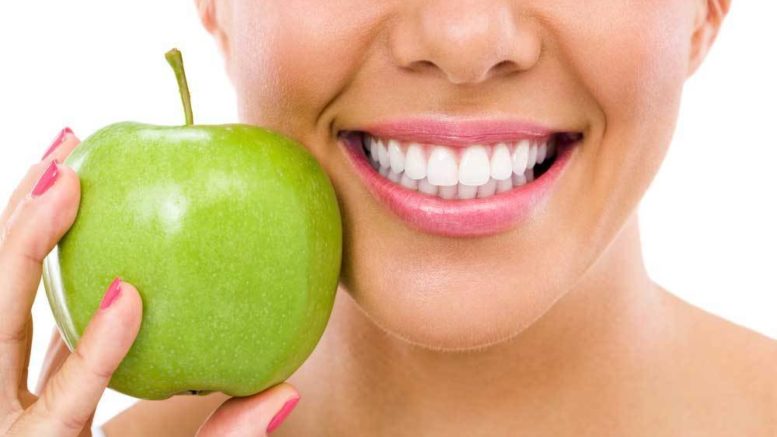Dealing with dental health can easily feel like a mountain that needs to be overcome. Many people don’t like going to the dentist, and there are certain myths that continue to perpetuate that fear. While preventative dentistry is ideal, not everyone maintains dental health best practices, and a large part of the reason why is because they avoid getting the dental check-ups they need. Perhaps a myth they’ve continued to believe has prevented them even more from getting the assistance they can really benefit from. With that in mind, here are five common dental myths debunked:
Flossing Creates Space Between Teeth
Flossing can help prevent decay between each of your teeth, and absolutely does not create space between them. A study conducted by the American Dental Association found that only half of Americans floss daily, and 19% don’t floss at all. Flossing is so important because dental plaque can easily go unnoticed beneath the gum line and build up near the root of the teeth, which can lead to gum infections. After all, brushing your teeth only covers one-third of the surface area of the mouth, leaving plenty of room for plaque accumulation. And if you need professional help, check out General dentistry and its treatments based in Newmarket ON.
Baby Teeth Aren’t Important
Contrary to popular belief, baby teeth are very important. “Babies should typically see a pediatric dentist around the area of one, or six months after their first tooth has fully emerged,” says Argyle Family Dentist, a top-rated dentist in Centennial, CO. Visiting a dentist is important for your children’s oral health. Unfortunately, many parents believe that their children don’t need to see a dentist until they have a full set of teeth. And this is precisely why, according to the Centers for Disease Control and Prevention (CDC), 42% of children between the ages of 2 and 11 have had cavities in their baby teeth at some point.
Cavities can cause tooth loss and create an imbalance of space for the teeth to grow. If a dentist notices early on that this is likely to happen, they will address the issue and recommend ways to artificially maintain that healthy space between teeth. To prevent cavities from happening, take your child to the dentist early on, help them twice daily with their tooth brushing routine, and use the right amount of fluoride in your oral health products.
Oral Health is Separate From Overall Health
People tend to think of their oral health as distinctly different from other areas of the body. However, your oral health is directly linked to your systemic health (overall health). You may not notice the correlation between the body and your mouth, but they exist. Teeth that have diseases and severe decay are more likely to have bacteria that enters into the bloodstream and creates other potential issues. For example, several studies have found that there is a link between periodontal disease and cancer, diabetes, heart disease, and much more.
Brushing at Night Isn’t Necessary
You may have been told that brushing your teeth twice per day is necessary to maintain oral health—once in the morning and once at night. However, many people consider brushing at night unnecessary because they’ll simply be laying in bed, not eating or drinking, for a few more hours until the morning. However, night brushing is important because while we sleep, salivary glands produce less saliva. Saliva provides a cleansing effect throughout the day, but when that saliva is more stagnant at night, there’s less natural saliva to cleanse away food particles. Night brushing is also instrumental in helping prevent bad breath.
Sugar-Free Sodas Are Okay
Believe it or not, both sugar and sugar-free drinks contain acid that eat away at your teeth. Each time you take a sip of soda, it results in an oral attack that lasts for about 20 minutes. The more that you drink this acid, the more your teeth are under attack. Ideally, you’ll consume beverages that have a baseline pH of 7—like water. In comparison, sodas typically have a pH of around 2 or 3. To put that into perspective, consider the fact that battery acid has a pH of 0. This isn’t to scare you away from soda, but to really limit yourself in terms of consuming sugary beverages, which are harmful to your overall and oral health.
